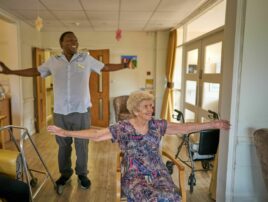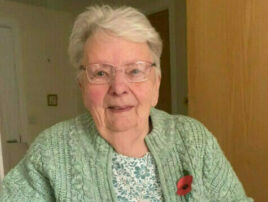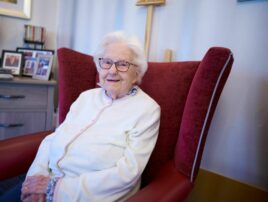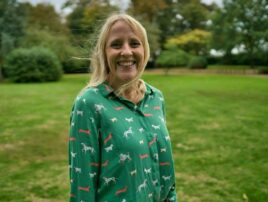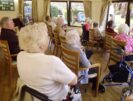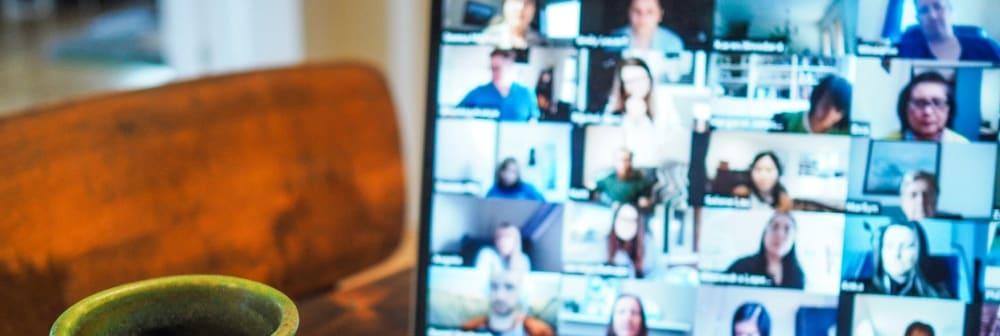
Monday 12th October 2020
How Zoom is helping us meet together
Louise Morse
Our first Zoom meeting looked at the challenge of recruiting staff into care work.
Participants included two from the USA – Shelley, the owner of a domiciliary care agency providing carers to people in their own homes, and Holland, who takes care of his mother who is living with dementia. There was also a trainee hospital chaplain, Melvyn, a manager from one of our retirement housing complexes, two of our most experienced care home managers and me, as host.
We were looking for a solution to one of the sector’s most pressing problems - the difficulty in recruiting carers. Shelley’s agency is clearly Christian, called ‘Abundant Blessings’ but local churches show no interest in her ministry, yet the Christian faith emphasises the importance of service and care.
Out of our discussions came some ideas for engaging churches, following a pattern that’s working well in some of our locations. Beth, manager of Framland in Wantage, found recruiting worked well through relationships, through networks of people know the home. Mandy, manager of Pilgrim Gardens, an independent living housing scheme in Leicester, is having success as she looks to churches for volunteers with talents to come and help as activities facilitators.
Training Faith in Later life church champions.
On Tuesday, 13th October, I’ll be taking three training sessions over Zoom, with Faith in Later Life. We will be looking at how loneliness amongst older people has been made so much worse by the Covid-19 pandemic. People over 65 are particularly vulnerable, and millions are ‘shielded’ by being isolated in their own homes. For some, it’s meant being cut off by friends and family members and even church visitors. It has been devastating for some people living with dementia, and their caregivers.
Elvis Presley once sang that he felt ‘So Lonely, I could die,’ and a survey published earlier this month showed that many older people would rather die than find themselves on their own this Christmas time. Sadly, chronic feelings of loneliness can lead to early death. Social psychologist Professor John Cacioppo is a world leader in the biomedical effects of loneliness. His work has shown that feelings of loneliness are more damaging to health than smoking 15 cigarettes a day, or being obese, or not taking exercise. People who are chronically lonely experience higher rates of cancer, infection, and heart disease, in fact, they suffer from higher rates of ‘all-cause mortality’, meaning all kinds of death from a range of causes. One is dementia – feelings of loneliness cause a 64 per cent increased risk of developing it. Loneliness can cause dangerously high blood pressure because it raises levels of the stress hormone, cortisol: the heart muscle has to work harder, and arteries harden.
As well as discussions and answering questions, I’m looking at tactics that people on their own can do to help themselves, as well as others. Some can use iPads and Smart phones to keep in touch – but not everyone. Many local agencies can help here, so ask your local Council, Age UK, Social Services, your local GP practice for help and information.
One of the lasting effects of isolation is that many older people say they are not interested in coming out into society once the pandemic ends. World leading expert on loneliness, Professor John Cacioppo warns that making contact with others again can seem like too much effort for some. We are a mixture of personalities, and while some of us find it easy to engage others find it difficult.
For more information about these Zoom meetings, you can email Louise on louise.morse@pilgrimsfriend.org.uk

